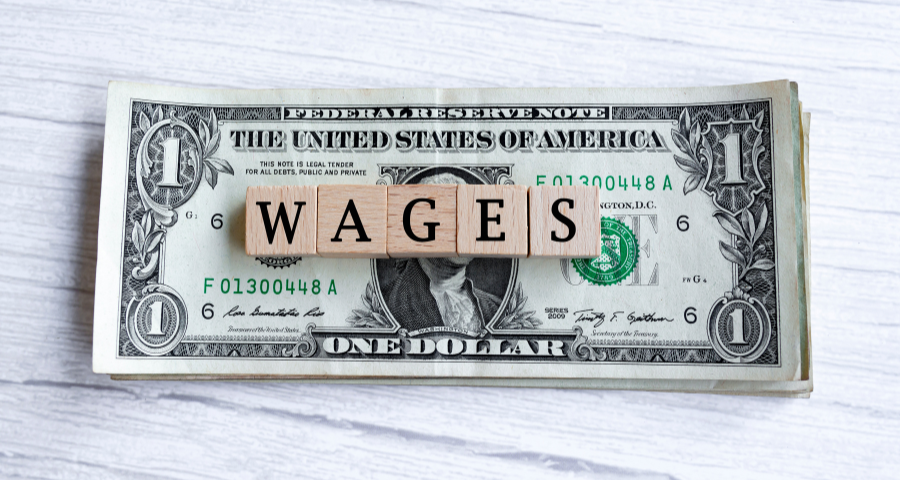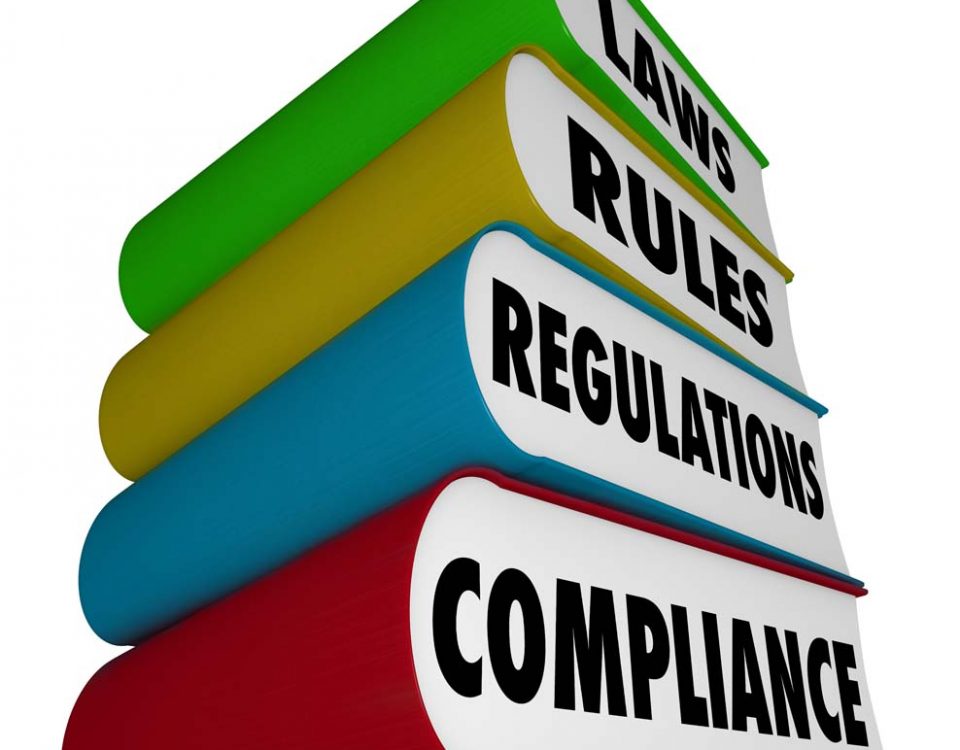
Any business with employees should be familiar with laws regulating the payment of wages. Wages are compensation for an employee’s personal services, whether paid by check or cash, or the fair cash value of noncash payments such as meals and lodging. Payments are considered wages even if the employee is a casual worker, a day or contract laborer, part-time or temporary worker, or paid by the day, hour, or any other method or measurement.
Wages include, but are not limited to:
- Salaries, hourly pay, piece rate, or payments by the job.
- Commissions and bonuses.
- Overtime and vacation pay.
- The reasonable cash value of compensation other than cash.
Wages are subject to all employment (payroll) taxes and reportable as Personal Income Tax (PIT) wages unless otherwise stated. Wages paid to employees are taxable, regardless of the method of payment.
In California, wages, with some exceptions, must be paid at least twice during each calendar month on the days designated in advance as regular paydays. The employer must establish a regular payday and is required to post a notice that shows the day, time and location of payment. Wages earned between the 1st and 15th days, inclusive, of any calendar month must be paid no later than the 26th day of the month during which the labor was performed, and wages earned between the 16th and last day of the month must be paid by the 10th day of the following month. Other payroll periods such as weekly, biweekly (every two weeks) or semimonthly (twice per month) when the earning period is something other than between the 1st and 15th, and 16th and last day of the month, must be paid within seven calendar days of the end of the payroll period within which the wages were earned. Labor Code Section 204.
Overtime wages must be paid no later than the payday for the next regular payroll period following the payroll period in which the overtime wages were earned. An employer shall be in compliance with Labor Code Section 226(a) relating to total hours worked by the employee if the overtime hours are recorded as a correction on the itemized statement for the next regular pay period and include the dates of the pay period for which the correction is being made. Labor Code Section 204(b)(2).
An employee who is discharged must be paid all of his or her wages, including accrued vacation, immediately at the time of termination. Labor Code Sections 201 and 227.3.
An employee without a written employment contract for a definite period of time who gives at least 72 hours prior notice of his or her intention to quit, and quits on the day given in the notice, must be paid all of his or her wages, including accrued vacation, at the time of quitting. Labor Code Section 202.
An employee without a written employment contract for a definite period of time who quits without giving 72 hours prior notice must be paid all of his or her wages, including accrued vacation, within 72 hours of quitting. An employee who quits without giving 72-hours prior notice may request that his or her final wage payment be mailed to a designated address. The date of mailing will be considered the date of payment for purposes of the requirement to provide payment within 72 hours of the notice of quitting. Labor Code Section 202.
An employer who willfully fails to pay any wages due a terminated employee (discharge or quit) in the prescribed time frame may be assessed a waiting time penalty. The waiting time penalty is an amount equal to the employee's daily rate of pay for each day the wages remain unpaid, up to a maximum of thirty (30) calendar days. Mamika v. Barca (1998) 68 Cal.App4th 487. An employee will not be awarded waiting time penalties if he or she avoids or refuses to receive payment of the wages due. If a good faith dispute exists concerning the amount of the wages due, no waiting time penalties would be imposed. A "good faith dispute" that any wages are due occurs when an employer presents a defense, based in law or fact which, if successful, would preclude any recovery on the part of the employee. The fact that a defense is ultimately unsuccessful will not preclude a finding that a good faith dispute did exist. However, a defense that is unsupported by any evidence, is unreasonable, or is presented in bad faith, will preclude a finding of a "good faith dispute". Labor Code Section 203 and Title 8, California Code of Regulations, Section 13520.
Even if there is a dispute, the employer must pay, without requiring a release, whatever wages are due and not in dispute. If the employer fails to pay what is undisputed, the "good faith" defense will be defeated whatever the outcome of the disputed wages. Labor Code Section 206.




